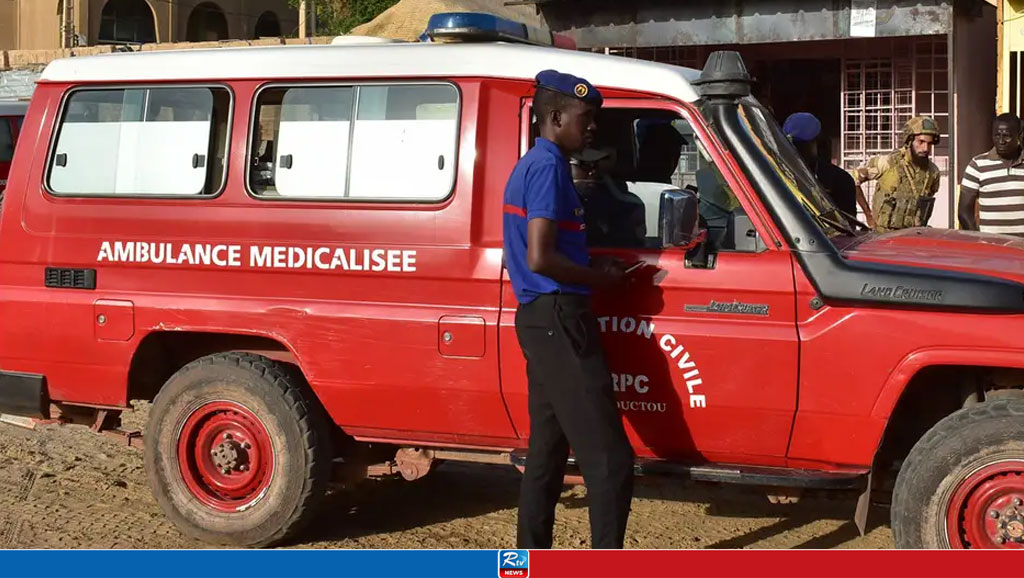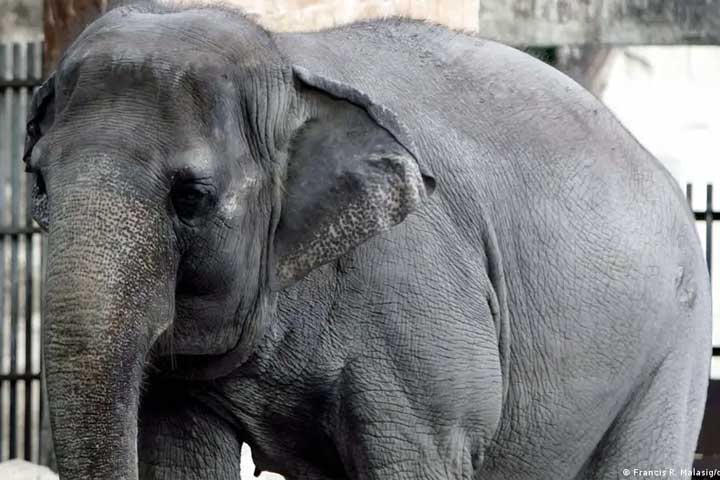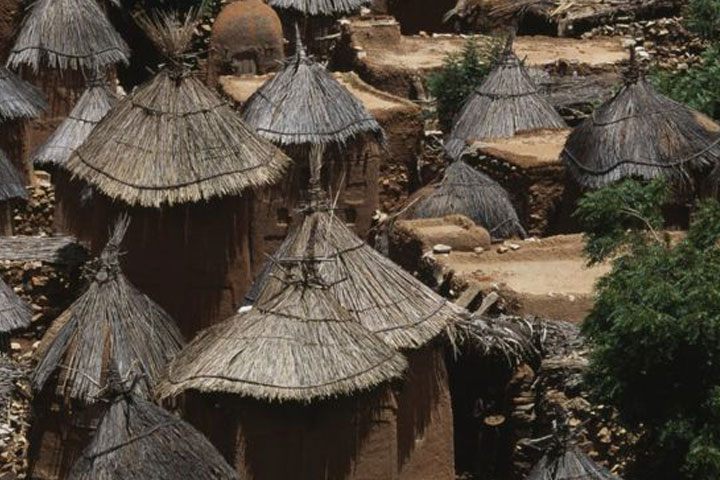100 Dogon villagers killed in Mali attack
Nearly 100 people have been killed in attack in a village in central Mali inhabited by the Dogon ethnic group, reports say.
The attack happened in Sobane-Kou, close to Sanga town, according to French-language news outlet RFI.
The bodies of the dead have been burned, says a local official, and the search for more bodies is ongoing.
There have been numerous attacks in Mali in recent months, some ethnic, some carried out by jihadist groups.
Clashes between Dogon hunters and semi-nomadic Fulani herders are frequent.
The mayor of nearby Bankass, Moulaye Guindo, told Reuters news agency that Fulanis from that district had attacked Sobane-Kou after nightfall.
A local official in the Koundou area, where the village is located, told the AFP agency: "Right now we have 95 dead civilians. The bodies are burned, we are continuing to look for others."
In the same region in March, more than 130 Fulani villagers were killed by armed men wearing traditional Dogon hunters' clothing.
Clashes between the two groups have increased since a militant Islamist uprising in northern Mali in 2012.
The Dogon people have lived in central Mali for centuries, and live a largely traditional way of life as settled farmers. The Fulani, on the other hand, are semi-nomadic herders who move across large distances in West Africa.
Friction between farmers and the roaming herders over resources is long-standing.
Previously, disagreements between the Fulani and Dogon had often been settled through negotiation, but the uprising - which spread to the centre of Mali by 2015 - decreased government control and increased the availability of weapons.
Both sides accuse the other of carrying out attacks amid the unrest.
The Fulani, a largely Muslim ethnic group, have been accused of having links with the Islamist uprising. But for their part, the Fulani accuse a Dogon self-defense association, Dan Na Ambassagou, of attacks on their villages.
Source: BBC
AH
10 Jun 2019,20:43












 Live Tv
Live Tv




